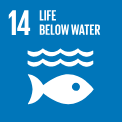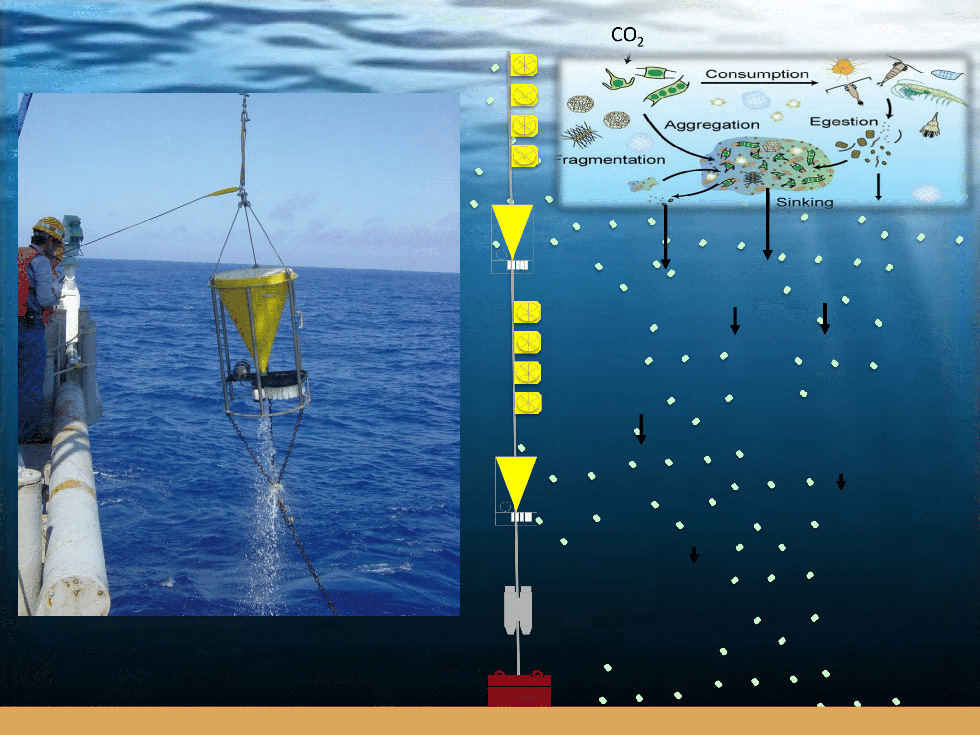Address land-ocean and human-ocean interactions affecting the ocean’s ability to ab sorb atmospheric CO2


The oceans are the largest sink of atmospheric CO2. For the sake of quantitative evaluation and future change, it is important to investigate and conserve the biological carbon pump, which is a mechanism of oceanic CO2 absorption by ecosystems including phytoplankton. JAMSTEC conducts research on the effects of not only global warming, but also increasing terrestrial materials' input and human activity on the ocean as a sink of CO2. Under collaboration with the National Ocean and Atmosphere Administration (NOAA), time-series observation at station KEO in the oligotrophic western Pacific subtropical area has been conducted using a mooring system and research vessels, and comprehensive data associated with the nutrient supply mechanisms such as meso-scale eddies, meteorological disturbances, and aeolian dust have been collected. As important nutrients, not only nitrogen but also iron as a micronutrient has been a focus. In addition to the aforementioned ocean observation, satellite data analysis and numerical simulation have also been conducted. Satellite data analysis enables us to collect and supply valuable information regarding immediate coastal areas and marginal seas and, consequently, support human life. This scientific activity contributes to the international activity of projection of climate change and conservation of the ocean and earth via the Intergovernmental Panel on Climate Change(IPCC) and is closely associated with SDG13 “Take urgent action to combat climate change and its impacts.” These activities also contribute to SDG14 “Conserve and sustainably use the oceans, seas and marine resources for sustainable development” via research of current and future effects of human activity on the ocean environment and resources.

